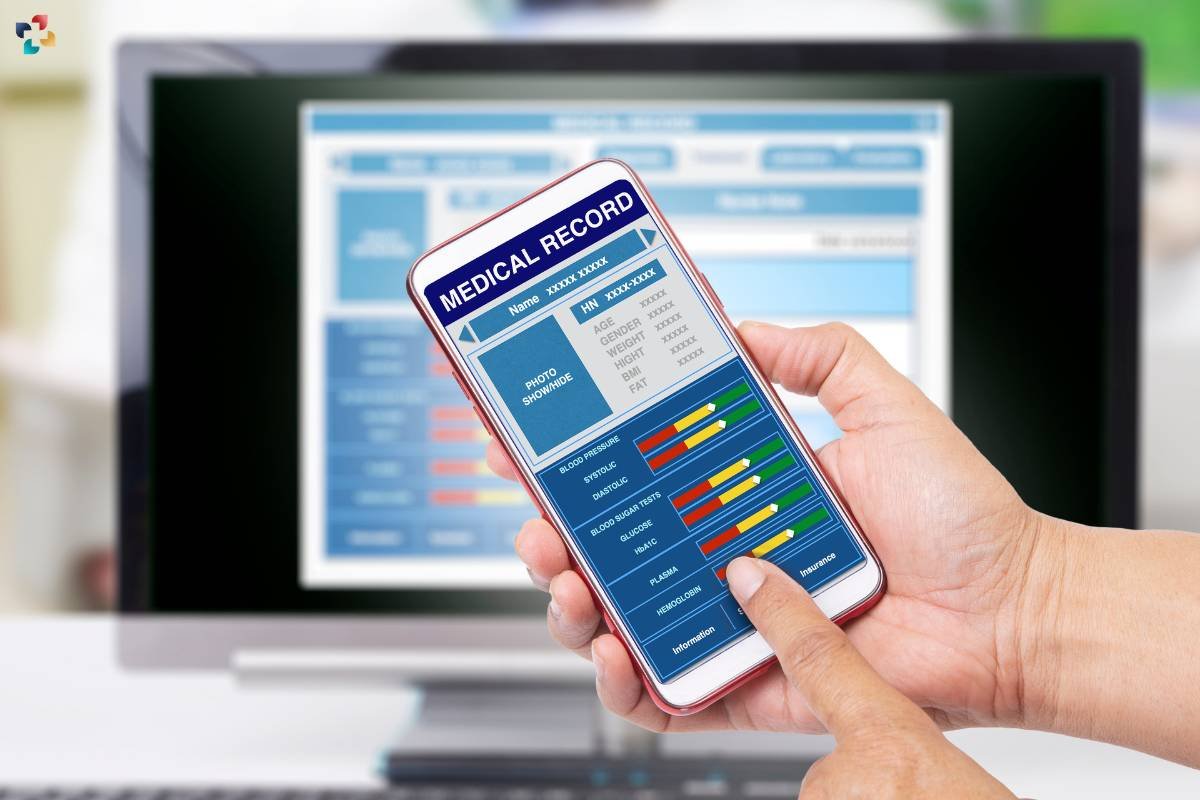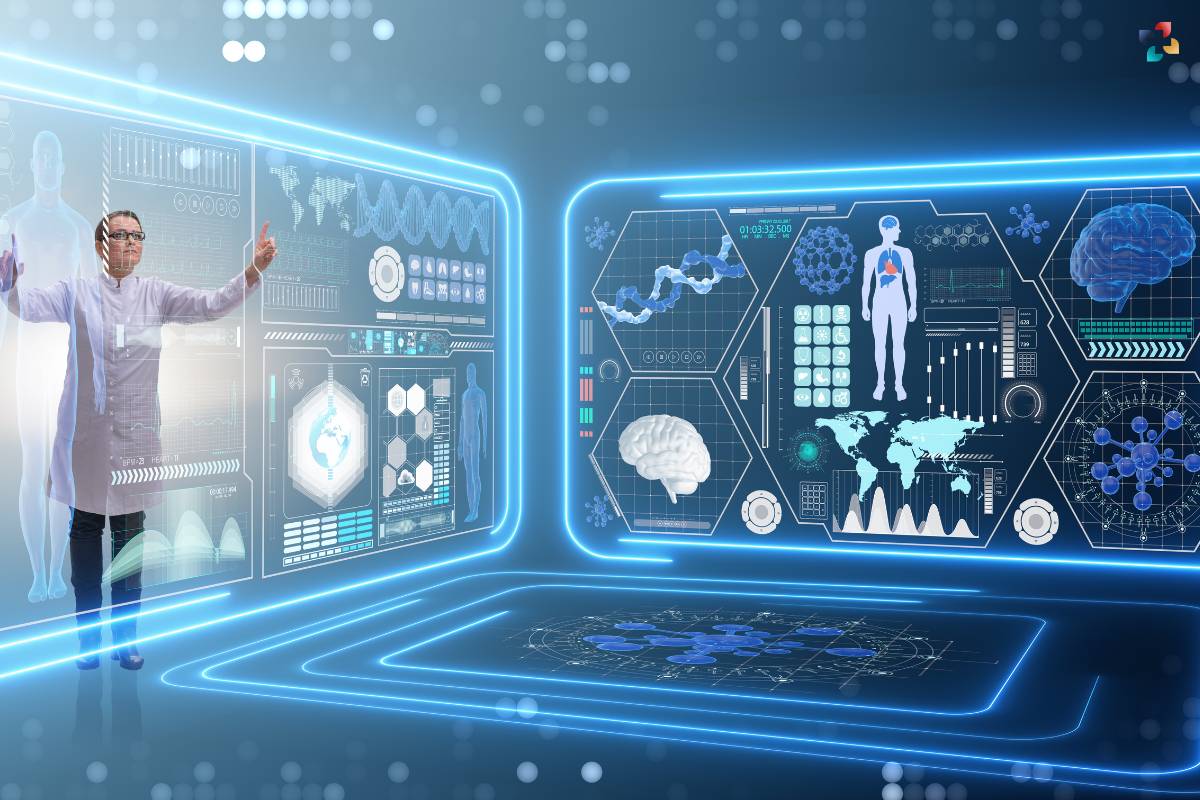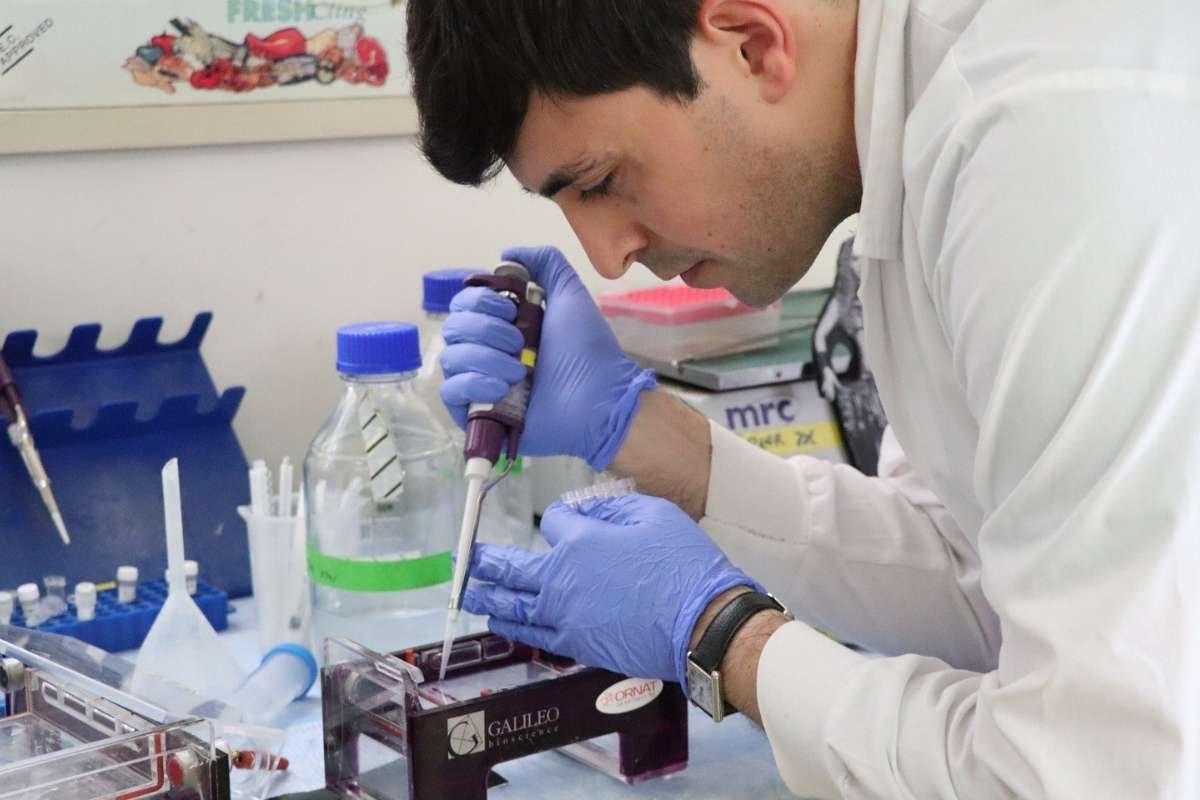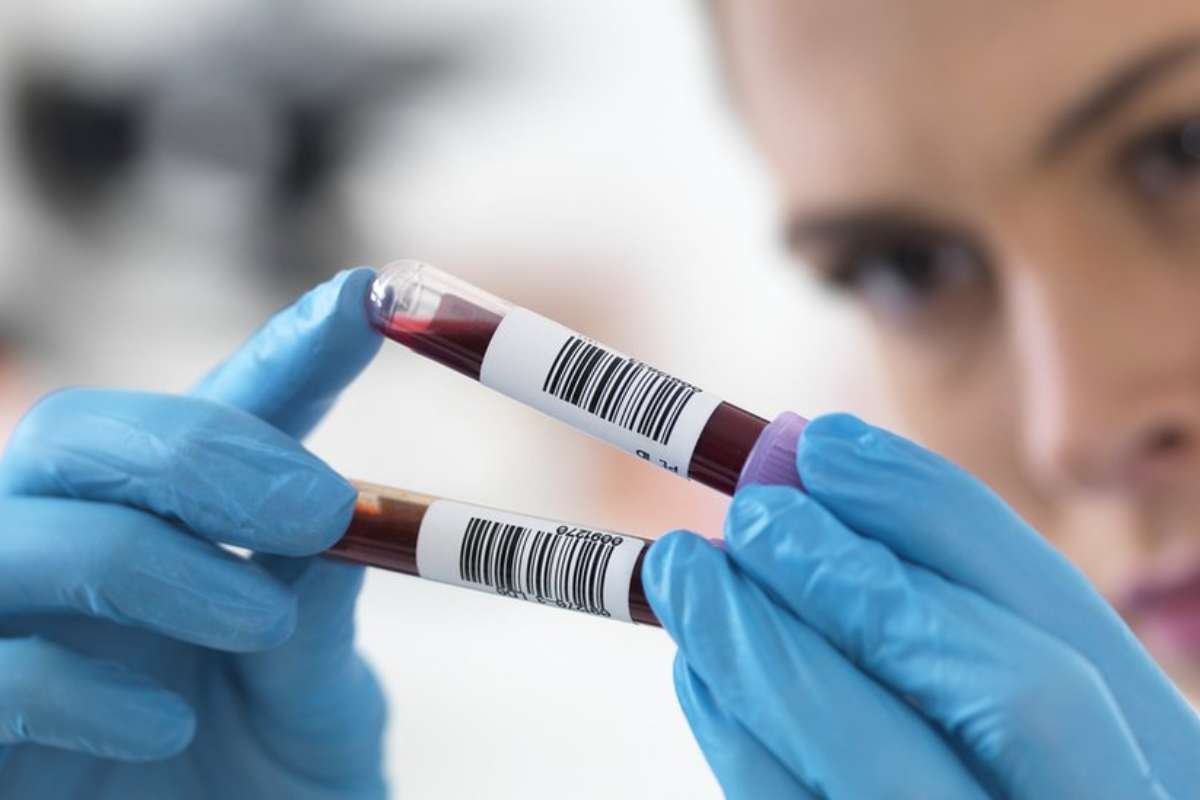The incorporation of digital transformation in healthcare, which is changing established paradigms and promoting an environment of continuous improvement, stands out as an innovative light in this age of rapid technological growth. A new era of ever-growing healthcare possibilities has been ushered in by the junction of medical practices and cutting-edge technologies.
The goal of this investigation is to piece together the complex web of digital transformation, revealing its subtle effects on patient-centered healthcare models, efficient operational procedures, and the general transformation of the healthcare environment. As we dig more, we find that the impact of digital transformation goes well beyond benefits in efficiency; it is radically changing the entire nature of healthcare, ushering in a time when compassion and technology work together to redefine what it means to be well.
In this era of healthcare metamorphosis, the profound influence of Digital Transformation in Healthcare Market emerges as a guiding force, orchestrating a harmonious blend of technological prowess and compassionate patient care.
Digital Transformation: A Healthcare Revolution

Digital transformation in healthcare signifies a paradigm shift, encompassing the integration of advanced technologies to enhance the efficiency and effectiveness of healthcare services. From electronic health records (EHRs) to telemedicine platforms, the digitalization of healthcare processes has streamlined operations and elevated the quality of patient care. The adoption of these digital tools not only improves accessibility to medical information but also facilitates seamless communication and collaboration among healthcare professionals, paving the way for a more interconnected and efficient healthcare system.
EHRs and the Patient-Centric Approach
At the core of digital transformation in healthcare lies the widespread implementation of Electronic Health Records (EHRs), fostering a patient-centric approach to medical care. EHRs not only digitize patient information but also empower healthcare providers with comprehensive insights into a patient’s medical history, medications, and treatment plans. This not only enhances the accuracy of diagnosis and treatment but also ensures a more personalized and holistic approach to patient care. The seamless sharing of information among healthcare providers facilitates collaborative decision-making, leading to improved patient outcomes and a more cohesive healthcare experience.
Telemedicine: Bridging Gaps in Healthcare Access

One of the transformative aspects of digitalization is the rise of telemedicine, a revolutionary approach to healthcare delivery that transcends geographical boundaries. Digital transformation has facilitated the widespread adoption of telemedicine platforms, enabling patients to connect with healthcare professionals remotely. This not only addresses issues of accessibility, especially in underserved or remote areas but also offers a convenient and efficient means of seeking medical advice. The integration of telemedicine into the healthcare landscape has proven crucial, particularly in times of global health crises, demonstrating its potential to enhance healthcare access and delivery.
IoT and Wearable Technology: Empowering Patients
The Internet of Things (IoT) and wearable technology have become instrumental in empowering patients to actively engage in their healthcare journey. Digital transformation has given rise to a plethora of wearable devices that monitor various health metrics, providing individuals with real-time insights into their well-being. From fitness trackers to smartwatches with health monitoring capabilities, these devices enable patients to take a proactive role in managing their health. The continuous data generated by IoT devices not only facilitates preventive care but also allows healthcare providers to offer personalized and data-driven interventions, marking a significant shift towards a more proactive and personalized healthcare model.
Data Security and Privacy Concerns
While the benefits of digital transformation in healthcare are undeniable, the integration of digital technologies also raises concerns about data security and privacy. As healthcare organizations transition to digital platforms, safeguarding sensitive patient information becomes paramount. The implementation of robust cybersecurity measures, stringent data encryption protocols, and compliance with regulatory standards are crucial in maintaining the trust and confidentiality of patient data. Balancing the advantages of digitalization with the imperative of ensuring data security is an ongoing challenge, underscoring the need for continuous innovation and vigilance in the realm of healthcare technology.
Future Trends and the Continued Evolution
In the coming years, the trajectory of digital transformation in healthcare promises a profound impact, navigating the industry towards unprecedented frontiers of innovation. Artificial Intelligence (AI), with its cognitive capabilities, is poised to become the linchpin in transforming diagnostic processes, treatment modalities, and ultimately, patient outcomes. The infusion of machine learning algorithms will not only enhance the accuracy of medical decision-making but also usher in an era of personalized medicine, tailoring treatments to individual patient profiles. Predictive analytics, by leveraging vast datasets, will empower healthcare providers to anticipate and prevent potential health issues, marking a paradigm shift towards proactive care.

Simultaneously, the integration of 5G technology is set to amplify the capabilities of telemedicine, propelling it into a realm of unparalleled connectivity. Real-time, high-quality video consultations will become the norm, fostering seamless communication between healthcare professionals and patients irrespective of geographical distances. The agility and speed offered by 5G will facilitate not only remote consultations but also enhance the effectiveness of remote monitoring, revolutionizing the management of chronic conditions and post-treatment care.
As the healthcare sector continues to embrace the digital revolution, these advancements signify the dawn of a new era marked by unparalleled innovation, increased accessibility, and a resolute commitment to patient-centric care. The future landscape of healthcare is poised to be defined by a harmonious integration of cutting-edge technologies, fostering an ecosystem where wellness is not just a destination but an ongoing journey enriched by continuous technological evolution.
Conclusion:
In summary, the digital revolution in healthcare has a significant impact on all aspects of the sector, including patient care, accessibility, operational effectiveness, and emerging trends. Encouraging patient-centric methods, adopting innovative technologies, and ensuring data security will be critical as healthcare organizations traverse this transformative journey.
Digital transformation in healthcare has ushered in an era where technology functions as an enabler, supporting a more connected, efficient, and responsive healthcare environment. This field is always evolving, which should lead to better healthcare results as well as a more proactive, patient-centered, and accessible healthcare environment. The future of healthcare is being technologically revolutionized, and the effects of this journey will be seen for years to come.









